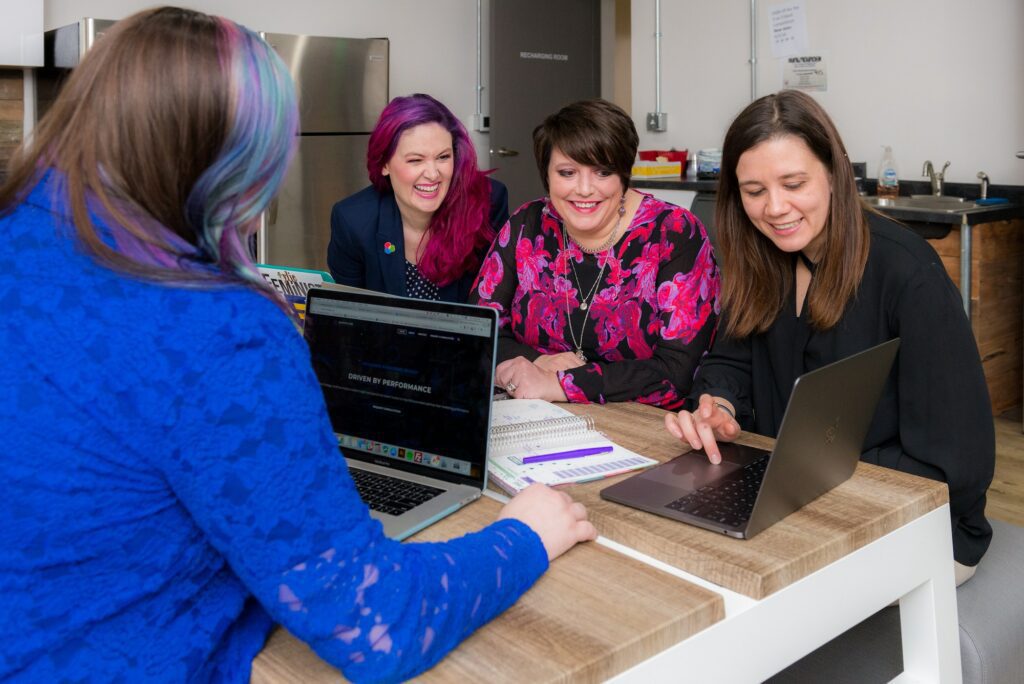
When leading teams and partnerships, we are often called upon to facilitate conversations, meetings and plans. Traditionally, facilitators are seen as “neutral” to the group. When we are an external facilitator, it’s often easy to claim the “neutrality” role; however, what is our role when we are part of the staff or leadership and we are facilitating? What does it look like when the results of the conversations, meetings or plans have a direct impact on our own work?
Join me this week as I propose 3 roles for a facilitator who is also part of a partnership or team.
- Foster productive dialogue. Your role is to engage the group and encourage active participation in discussions related to the topic(s) of interest. You keep the group focused on the agenda and create an environment for honest, open dialogue. You set an example of being respectful toward others and set that expectation for the group. You find ways to gently bring out the quiet voices and graciously address the dominators. You may add context to the conversation; however, be VERY careful that you do not become a dominator yourself. Practice having an open mind as you encourage questions and discussion from other members of the team. Wait until the end of the conversation to provide your perspective in order to encourage active participation from other members of the team.
- Clarify communication. Listen closely to the discussion and be willing to ask clarifying questions so that the entire group really understands what is being meant. As a facilitator, your role is to ask the questions that some folks are uncomfortable asking in order to gain clarity. We all live in our own world of acronyms, and as facilitators, it’s important to not assume that everyone in the room knows what they mean. For instance, I often facilitate meetings and conversations related to colon cancer screening. For those who are familiar with colon cancer screening, we can talk about FIT testing and know exactly what that means. The rest of the world probably doesn’t know what a FIT test is. 🙂 In my volunteer work at church, I help people find their “FITT.” As facilitators, we need to be clear that in colon cancer screening a FIT is a “Fecal Immunochemical Test (or a stool-based test)” and in work with church the FITT is “Faithfully Investing our Time and Talents.” As a facilitator, your role is to help clarify vocabulary when in diverse group settings. Additionally, some members of the team will be focused on the big picture or abstract concepts while others are focused on concrete next steps. Facilitators need to help all members of the group understand one another and clarify the communication.
- Guide the group toward action. While productive dialogue is important, in order for it to be truly productive, you must move toward action. Remember the purpose for the conversation or meeting and keep the group moving toward that purpose. You may not always have a firm decision at the end of the conversation or meeting but you DO need to have clear action steps. Pay attention to the group and the discussion and guide the group toward action. Help the group summarize and synthesize the conversation in order to determine action steps. Be sure there are clear next steps, roles and responsibilities and a timeframe for the action.
So what about you? Which of these roles resonate the most with you as a facilitator who is also part of a partnership or team?
If you missed my Facebook Live on this post, check it out here!
Photo by Kylie Haulk on Unsplash

